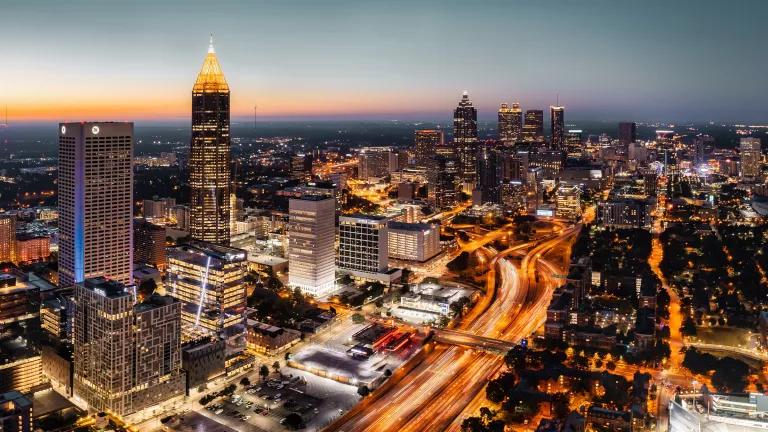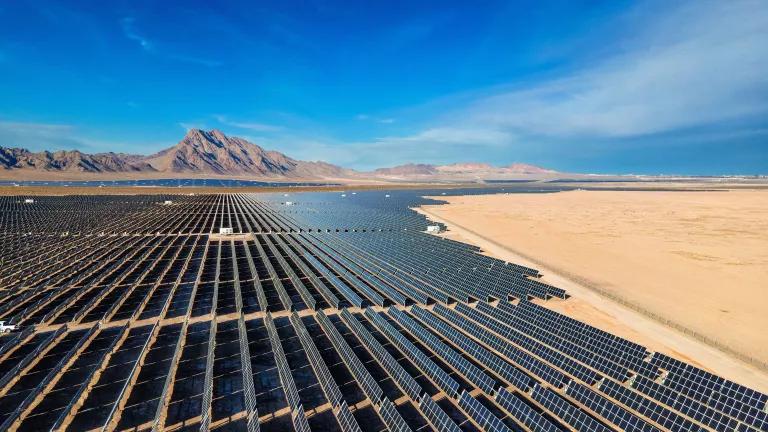Biochar is a term for charcoal that is formed by heating biomass at high temperatures in the absence of oxygen and then added to soil to improve its health. Biochar has generated attention as a global warming mitigation tool because of its potential to sequester large amounts of carbon dioxide -- that is, remove it from the atmosphere and store it safely in soils. But questions about the environmental impacts of biochar's lifecycle must be answered before we can responsibly scale up its production and use. NRDC recommends a well-coordinated, national research and demonstration strategy to mitigate these uncertainties and ensure an environmentally sound U.S. policy on biochar.




